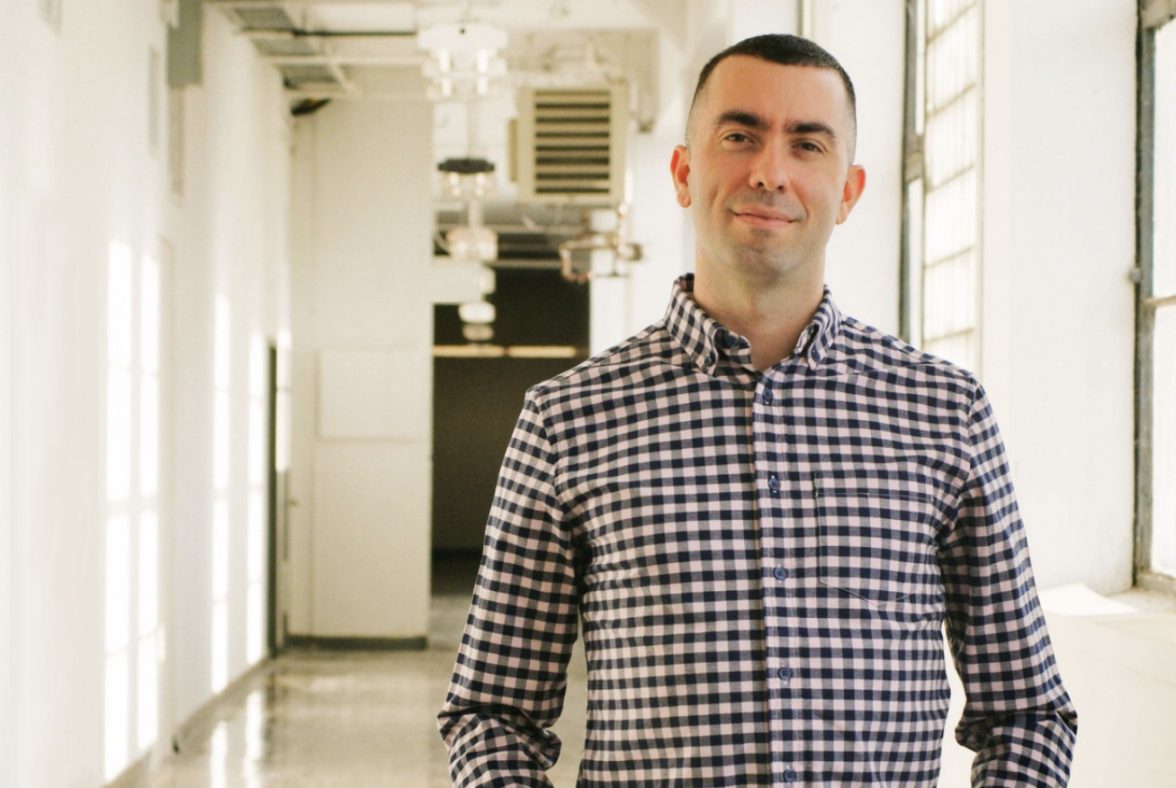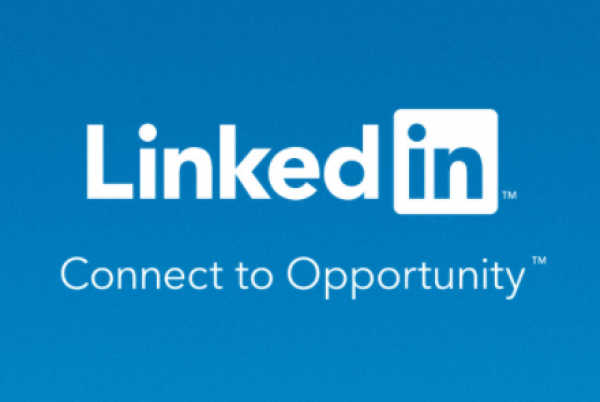People Profiles: Ryan Lazanis – CPA, entrepreneur and accountants’ mentor

We get to speak to a lot of interesting people across the accountancy and bookkeeping stratosphere. In the first of our series of people profiles Amy Spillard, Head of Partnerships at Senta chats to Ryan Lazanis, Founder of Future Firm.
Ryan Lazanis: CPA, entrepreneur, and renowned industry expert. Having grown his own accounting firm from startup to sale in just five years, Ryan created Future Firm to provide guidance to like-minded practices. Ryan mentors clients using a digital-first approach; providing advice and techniques that focus on technology, efficiency and automation.
In fact, Ryan’s got so many interesting things to say, we’re going to spread the chat out over two weeks. In this article, Ryan focuses on how he started his digital-only firm, and advises on some of the pitfalls to watch out for!
Amy: Let’s start at the beginning! How did you get into the accounting industry?
Ryan: A big reason I went into accounting was my father. He was a small business owner, ran a print shop for decades and saw the ups and downs of that. He pushed me to enter into a profession because he could see I was probably going to follow in his footsteps and start a business of my own, and there’s a lot of risks associated with starting a business.
I worked for a very traditional CPA firm for about five years until I received my CPA designation, then I went into the industry for about six months as an assistant controller. I was in my twenties working as an assistant controller and I knew I wanted to start a business. But I had no experience with anything other than accounting at that point, so I figured I’d start an accounting firm. I wanted to create a new kind of firm; one that would make accounting easier and less painful for small businesses, so in 2013 I created Zen Accounting. Back then it was one of the first fully virtual firms in Canada, so it was a new concept here.
Amy: So how did you find that, being one of the first to launch a digital practice?
Ryan: I was nervous, but I was excited. I was launching a virtual firm; meeting clients online, using accounting software, making things easier and more automated. Accountants I spoke to thought it was a ridiculous idea, and a lot of the ideas I implemented were unique. For example, implementing subscription billing where clients could see costs on the website and choose their own package.
So it was exciting, but I was nervous because I had $0 coming in and I didn’t know if it was a model that would work. I had no clue what I was doing, and I learned a lot of things the hard way.
Amy: Do you feel like the situation is changing, are people becoming more receptive to a digital-first approach?
Ryan: It is progressing, but there are still a lot of traditional firms. COVID has definitely accelerated things; when I started my firm, online firms didn’t really exist in Canada. Now there’s a ton of them popping up and this is definitely one of the more popular models for new firm owners; so I see the trend.
Amy: And do you think there are still challenges associated with being a digital-only firm?
Ryan: When I started, it was definitely a challenge. Very early on I realised that the younger, more tech-savvy business owners were the ones that were really on board with that kind of model, and that’s why early on I built a niche with tech startups.
Ultimately when I created the firm my focus was: how do I make accounting a pleasant experience? Really focusing on the customer and looking at the typical pain points clients have with their accountant. How could we create a model that overturns those pain points?
For example, subscription billing. Yes, it’s good for the firm, but it’s also really good for the client. The client wants certainty in price and to know what they’re getting. They want to see this clearly laid out rather than uncertainty around scope of work, and surprise bills in the mail. All of the things that I was implementing early on were really just focused on the client and making the client experience better.
Amy: Have you experienced any big challenges or hurdles? And what did you learn that might help others who are just getting started?
Ryan: I’ve been through all of them, basically! I think the problem a lot of practice owners face is that they’re often trained in accounting, and nothing else. But there’s so much more that’s required from them.
An accounting firm is a business like any other. It needs to do sales, marketing, pricing strategy, talent management and operations. But they often don’t know how to handle all the other stuff it takes to run a business. Naturally, I’m a terrible accountant, so I think I was more inclined to learn the aspects of running a firm that I find more interesting. But I learned the hard way. A couple of pointers:
- I was never trained on how to price my services, so when I first rolled out my subscription plans, the highest package was $200 a month and obviously wasn’t profitable, so I ran into issues.
- The first few employees I hired, I didn’t know what to look for. I’d never hired or managed people before and they didn’t work out.
- I was never trained in how to do marketing, but I had to figure something out because I had $0 coming in. I tried just about every strategy, and most of them failed miserably.
So I’ve made all the mistakes! One of the reasons I started Future Firm, was because when I created a firm and needed help and I had no one to go to. I wanted to help others create a modern, scalable firm that they love and help them not fall into the typical trap of spending their time on client work, working 80 hours a week and going through crazy busy seasons.
Amy: That’s something we see too. Our clients are exceptional at what they do, but often aren’t trained in communications or branding. So where do they start when positioning their firm and making sure they cut above the rest? Having people like yourself to lean on, who can help them build that skills toolkit is hugely important
So are there any go-to tools or tips that you would recommend to those in the early stages of setting up their firm?
Ryan: The first thing I do when coaching a firm is establishing a roadmap. Something that’s often missing for firms is a strategy. People start a business to create a better life for themselves but often fall into the trap of a horrible work-life balance. They look at automation as the key to solve everything; they’re bombarded with different ideas, shiny objects, and people pitching things. They try to do too much at once and they end up going nowhere.
I help firm owners define – what do you really want out of life? What makes you happy? How much money do you want? How many hours do you want to work? I then model the business around that. What do we need to be doing in the next 90 days to be on track for some of our mid-term and long-term goals; and recognise that we can’t do it all at once.
So my first tip is: define where you want to end up specifically and put a roadmap in place to get there.
- Maybe one of those goals is implementing a practice management system?
- Maybe one of those goals is implementing a subscription model?
- Maybe one of those goals is refining some of the processes in place?
Start with a plan of attack; create a roadmap; work on the fundamentals of the business.
We’ll have more from Ryan in the next few weeks. In the meantime, if you want to find out more about Future Firm Accelerate you can click here.
